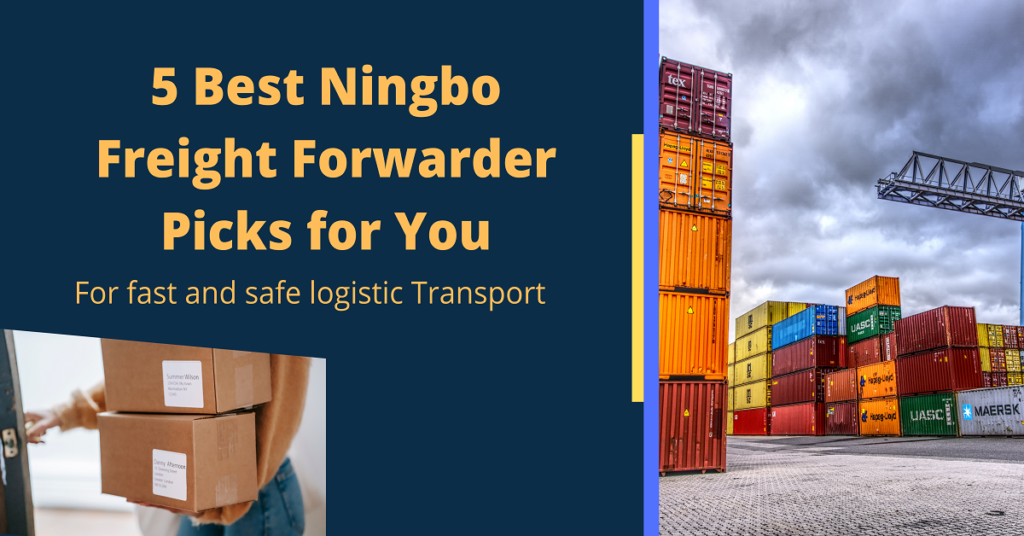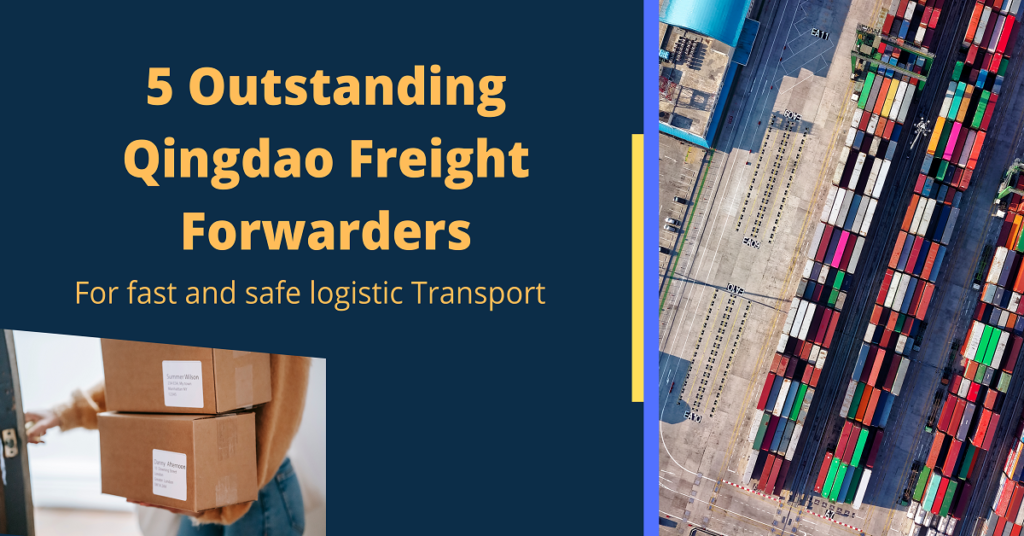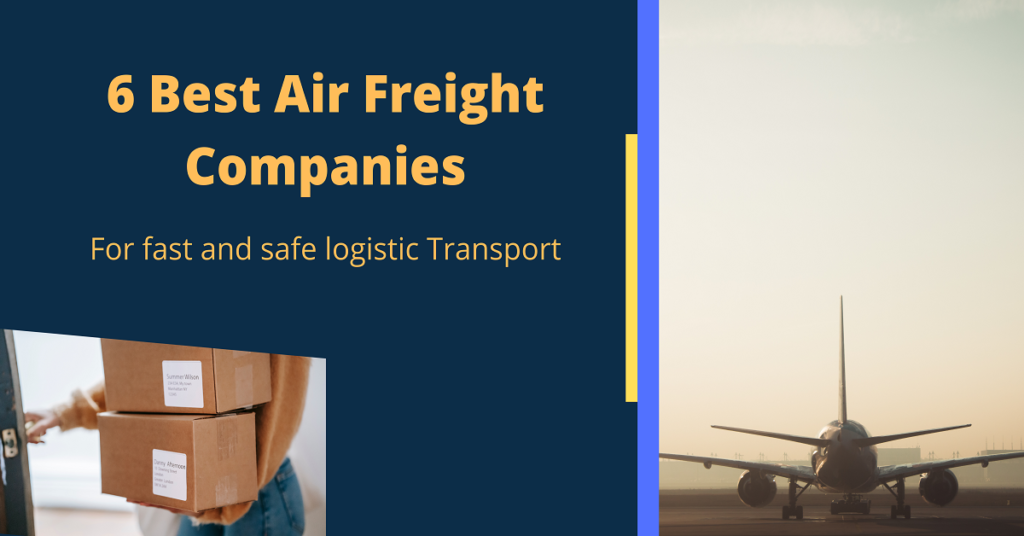When transporting cargo by sea, the most frequent agreement between an international buyer and seller is FOB. This Incoterm only refers to shipments by sea and inland waterway. Learn more about fob intercoms and its pricing principles in this content!

Image Source: Freightos
Fob History
Since sea transport was the primary means of carrying merchandise from distant countries, the term “FOB” was used since 1836 to refer to items brought by ship. The term’s usage has evolved, and its definition differs by region and jurisdiction. In north America it is expressed as a sales agreement that specifies when the seller’s risk and responsibility for the shipping cargo passes to the buyer and the fob terms intercoms 2020 have as well expanded the scope.
Free On Board Meaning
FOB (free on board) is a term in international commercial law that specifies when the relative obligations, expenses, and risk associated in the delivery of goods change from the seller to the buyer under the International Chamber of Commerce’s Incoterms standard.
Define Fob Shipping Meaning In Shipping Terms
Free on board refers to the moment in the supply chain where a buyer or seller becomes accountable for the products being carried. Purchase orders between buyers and sellers specify FOB terms and aid in the determination of ownership, risk, and transportation expenses.
Fob Shipping Point
FOB shipping point is an abbreviation for “Free on Board Shipping Point.” It indicates that the buyer gets possession of items supplied to it by a supplier as soon as they leave the provider’s shipping dock.
Fob Factory
Fob factory is any manufacturer or supplier that allows the buyer more flexibility and control of the terms, the cost, freight planning, and more.
Fob Destination
FOB (Freight on Board) Destination is a shipping phrase that signifies the seller retains legal title to the goods until they arrive at the buyer’s destination.
Fob Freight
The legal term fob freight meaning is the fact that the buyer is accountable for the freight charges and associated risk with goods on board.
Fob Delivery
Fob delivery describes how the expenses, risks, and obligations are distributed fairly evenly between the buyer and seller of goods.
Fob Port
Fob port meaning is that the seller (consignor) is liable for transportation of the goods to the port of shipment as well as the cost of loading.
Fob Freight Collect
The term “Fob freight collect” meaning is that the buyer is legally accountable for the freight expenses after leaving the seller.
Fob Accounting
Freight On Board accounting is the point at which a company sending merchandise to a buyer is no longer accountable for the items.
Fob Contract
A Free on Board (FOB) contract is a sales contract in which the seller absorbs the expense of delivering products via a certain route determined by the customer.
Fob Invoice
Fob invoice meaning is a written agreement that sets the terms of the shipping agreement. This document elaborates the responsibilities of both parties.
Fob Quote
Fob quote means a shipping term that means the buyer is responsible for the freight charges on their order.
How Does FOB Shipping Work
When a buyer purchases products from a Chinese source and agrees to FOB shipping arrangements. The supplier is responsible for the next three steps of the process.
- At the supplier’s warehouse, the items are packaged and put onto a truck (or another mode of transportation) (or another facility).
- The items are transported to the port by vehicle.
- The cargo is put into the transport vessel.
Once aboard, the remainder of the travel from China is now the liability of the buyer as well as incurred expenditure. Everything that happens beyond this moment is solely the buyer’s responsibility.
How To Use FOB: Rules You Need to Know Before Shipping
The process for FOB shipments under the most common Origin / Freight Collect methods includes FOB protection, which is in the best interests of the buyer.
Why is FOB better for Buyers: Advantages and disadvantages of FOB
FOB agreements are often regarded as less expensive and more cost-effective by buyers. This is because they have more say over shippers and insurance restrictions. In contrast, CIF contracts can be more expensive.
Advantages
- It is cost efficient for the buyer
- The customer has the most control over logistics and shipping costs, allowing them to select their preferred shipment option.
- FOB permits the buyer to choose his or her own freight forwarder for the entire shipment.
- It allows both parties to bear the burden at their very end
- Sellers value FOB Incoterms because they can consider the deal complete once the cargo leaves their factory.
Disadvantages
- Buyer must be in constant comms with the seller and freight company to get things in shape
- Newbies might find it difficult to operate as it can be tricky
Can Fob Be Used For Air Freight Or Land Freight?
Freight on Board as it implies defines shipping phrases specific to sea and inland canal transportation; it does not apply to air, rail, or road transit.
What Do Fob Shipping Costs Include
There are a series of procedure involving the cost of shipping via Fob, this cost is borne by both the seller and the buyer intermittently:
- Transportation to the port of shipment is on the seller
- Loading the items onto the shipping vessel (risk is on the buyer)
- Freight transport (That is on the buyer)
- Insurance, and unloading (Buyer)
- Conveying the goods from the arrival port to the final destination are all expenditures involved with FOB (buyer).
How To Calculate Fob Shipping Costs?
This is calculated as FOB Value = Factory Outlet Price + Other Costs, Other Costs refers to the costs incurred in loading the products onto the ship for export, including but not limited to domestic transit costs, storage and warehousing, port handling, brokerage fees, service charges, and so on.
Fob Shipping: Who Retains Risks And Takes Responsibility?
Fob Seller Responsibility
The seller pays all transportation expenses and fees to get the goods to the port of origin in FOB shipping point agreements. The seller assumes the following responsibilities when engaging into a sales contract with the Incoterms of FOB:
- Export Packaging: Arrange all export packaging so that the cargo can be safely sent.
- Loading Charges: Any charges incurred at the seller’s warehouse during the loading process.
- Trucking fees incurred while transporting cargo from the warehouse to the port of loading.
- Export Duty, Taxes, and Customs Clearance: Ensuring that the goods are properly exported.
- Origin Terminal Handling Charges (OTHC) are the seller’s responsibility.
- Loading on Carriage: The seller is liable for the costs of loading the cargo onto the carriage.
Fob Buyer Responsibility
When a customer agrees to buy goods under the FOB Incoterms, they accept the following responsibilities and risks:
- Freight Charges: The cost of transporting cargo from the port of loading to the destination.
- Insurance: Freight insurance is not required under FOB; however, it is the buyer’s choice whether or not to purchase insurance coverage for their shipment.
- Handling Fees at the Destination Terminal: DTHC is the buyer’s responsibility.
- The buyer is responsible for the final carrier price to deliver the load to their destination once the goods have been removed from the carriage.
- Unloading at Destination: The buyer is responsible for any expenses incurred during the unloading procedure at the buyer’s warehouse.
- Import Duty, Taxes, and Customs Clearance: The buyer is liable for all customs clearance taxes and fees. The buyer must cover the charges and risks related with dunnage, penalties, or delays.
Is FOB Collect or Prepaid: fob shipping point VS destination
FOB Origin, Freight Prepaid
The term “Fob origin” refers to the legal fact that the buyer acquires ownership at the time of carrier pickup.
The legal term “Freight Prepaid” refers to the seller’s acceptance of responsibility for all freight expenses and freight claims risk.
FOB Origin, Freight Collect
The term “FOB Destination” refers to the legal fact that the seller retains title and control of the items until delivery. The seller chooses the carrier and is responsible for transportation risk and submitting claims in the event of loss or damage.
The term “freight collect” refers to the fact that the buyer is legally accountable for the freight expenses.
FOB Origin, Freight Prepaid, & Charged Back
FOB shipping point, also known as FOB origin, denotes that when the items are loaded into a delivery vehicle, ownership and responsibility of the goods pass from the seller to the customer. The term “freight prepaid” refers to the legal requirement that the seller pay all freight charges.
The customer acquires ownership of the products at the point of origin even when the seller does not cover the cost of shipment; instead, the seller adds the freight expenses to the invoice delivered to the buyer.
FOB Destination, Freight Collect, and Allowed
“FOB Destination” refers to the legal fact that up until delivery, the seller retains ownership and control of the goods. The risk of shipping and responsibility for making claims in the event of loss or damage fall on the seller, who also chooses the carrier.
The phrase “freight collect” refers to the legal obligation of the buyer to pay the freight fees.
Freight Allowed” denotes that the vendor covers the charges and pays the freight bill.
Common FAQs on FOB Shipping
Is FOB Shipping Safe?
One of the more advantageous Incoterms for the importer is FOB shipping since it strikes a balance between import risk and control. As long as the goods are properly transported to freight forwarders, the minimal risk would only be on board and between when clearing at sea ports.
Should I Choose FOB When Importing From China?
In general, choosing the Incoterm that gives you the most control over the ocean freight is advised. You have more time and financial flexibility if you pay for foreign shipment and handle it yourself. That implies lowering the likelihood of delays and other issues shippers frequently encounter.
Fca China
Free carrier is a commercial term that requires the seller to ship products to a specific airport, shipping facility, or warehouse that the buyer has named.
Exw china
EXW (Ex Works) refers to a commerce phrase where the consignor pays all shipping costs from China to the destination and authorizes a freight forwarder to deliver the goods.
Cif china
Cost, insurance, and freight is referred to as CIF. On board, it can be used for free. According to the CIF agreement, the reseller is in charge of the goods while they are in transit until the buyer receives them. CIF Incoterm summarized
Conclusion
The shipment will start its journey to the port from the seller’s end once it is loaded onto the vehicle of the forwarder. After the cargo is weighed to ensure that the initial dimensions given are correct, the exporting and loading process starts.
FOB Incoterms shipping from China is easy, quick, and the best way to guarantee your products leave China safely and reach the buyers destination without a hitch.



